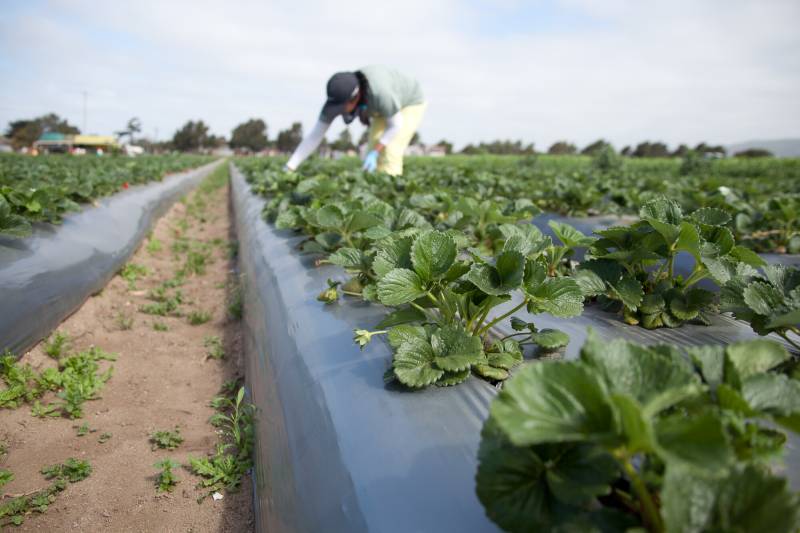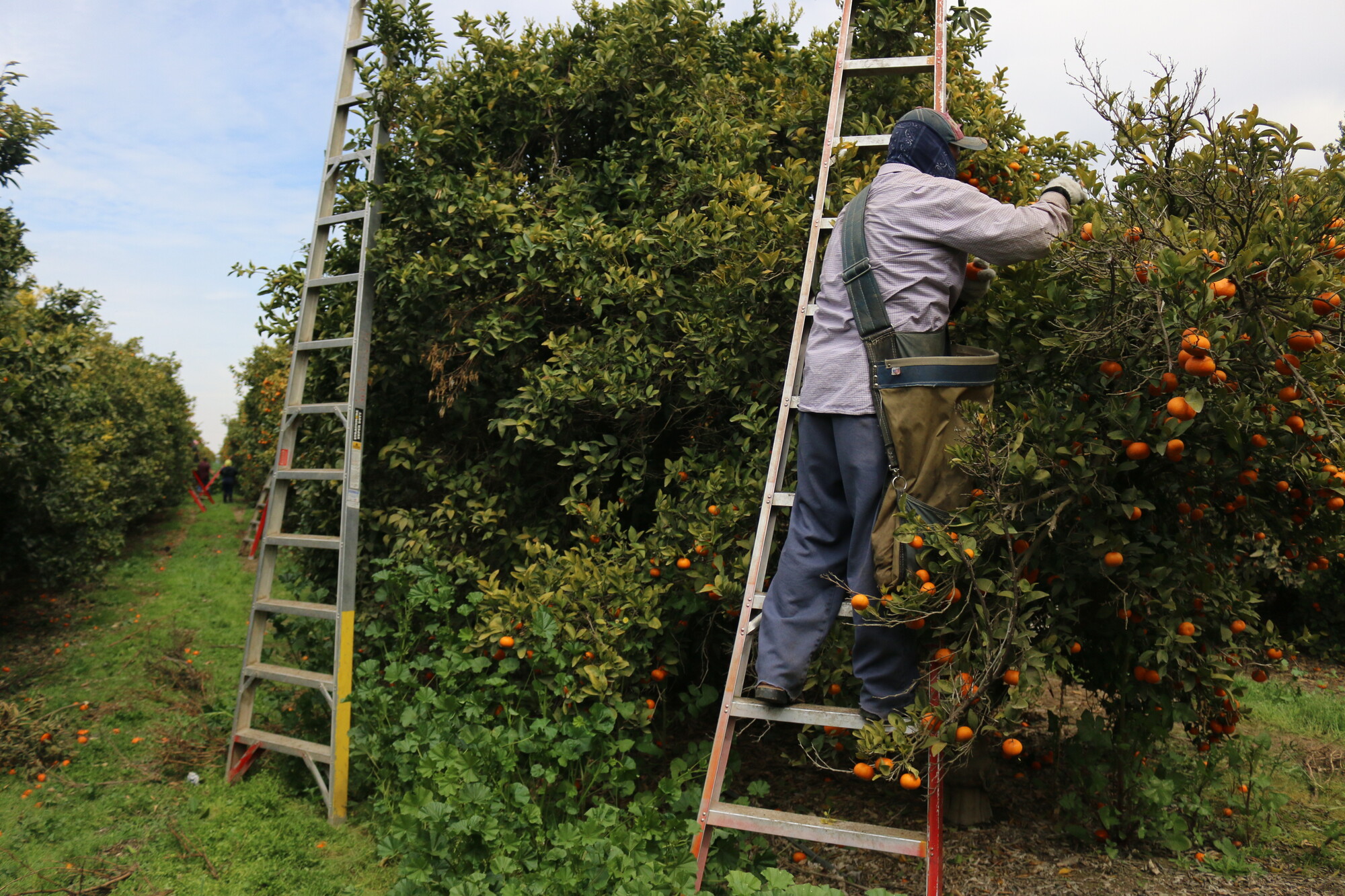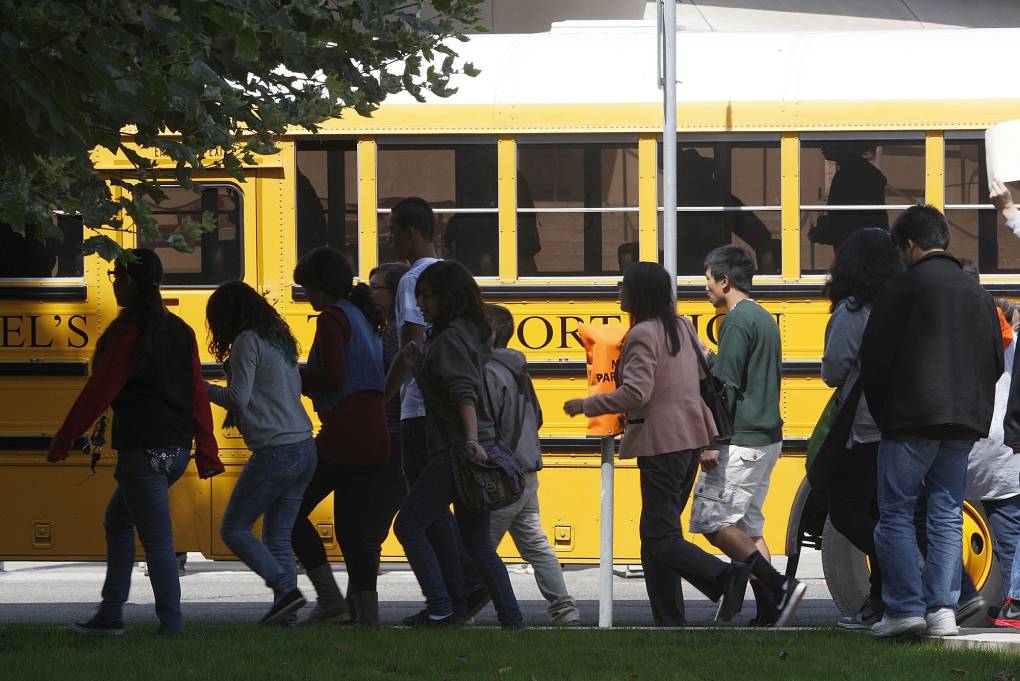Agricultural laborers, who often do strenuous physical labor in direct sun, are more likely to die from heat-related stress than workers in other industries. The federal government estimates that roughly half of the farmworkers in the U.S. are undocumented. Many don’t know about their rights or worry that they could be fired if they complain about problems at their worksite.
Last month, Gov. Gavin Newsom vetoed a bill supported by the Yolo Six as well as the United Farm Workers. SB 1299 would have made it easier for agricultural laborers to win workers’ compensation insurance if they were hurt by heat.
The proposed measure, opposed by a long list of agricultural and business groups, created a presumption that a farmworker’s heat-related injury or death arose from their job if the employer was shown to have violated heat safety rules. Newsom concluded that it was not an effective way to protect farmworkers from increasing heat hazards.
“I stand firmly committed to continuing to work with the Legislature and worker advocates on strengthening safety and health enforcement strategies to ensure aggrieved workers can come forward without fear of retaliation,” Newsom wrote in his veto message. “However, conditioning a workers’ compensation presumption on compliance with standards set and enforced by another regulatory division is not an effective way to improve working conditions.”
The California Labor Commissioner’s Office continues investigating the allegation of retaliation against Ruiz Farm Labor involving the Yolo Six. If the contractor is found guilty, remedies may include lost wages for the workers and other penalties.
Meanwhile, Barros said she hasn’t been able to find steady work to support her family, working only a couple of weeks in recent months.
“It’s been a really complicated and difficult situation,” she said. “But we are trying. Surviving day by day.”



